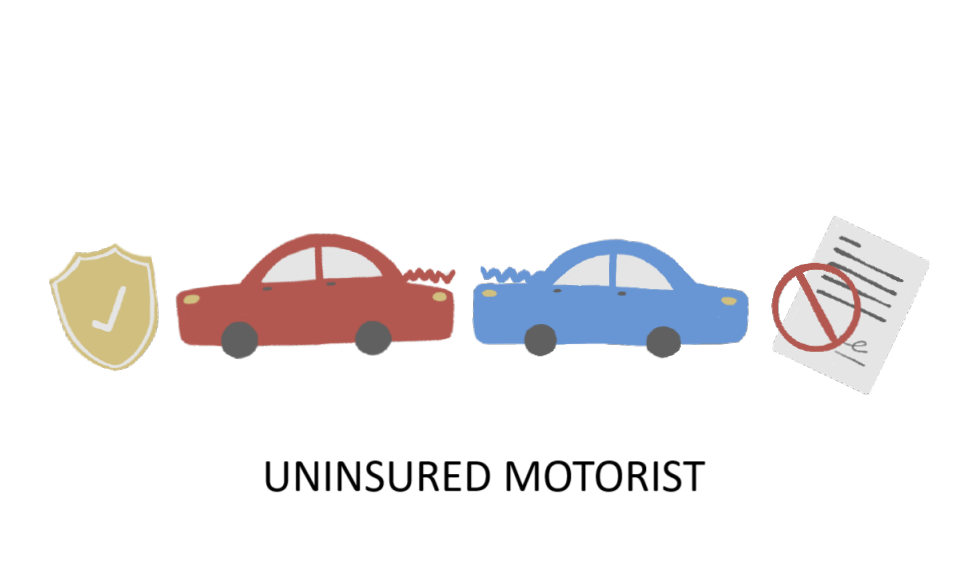Medicare Part D, the physician-endorsed drug benefit, is the part of Medicare that covers most short-term professionally prescribed drugs. Part D is offered through privately owned businesses either as a stand-alone arrangement, for those enrolled in Unique Medicare, or as a bunch of advantages included with your Medicare Advantage Plan.
Except if you have creditable drug coverage and will have a Unique Enlistment Period, you should sign up for Part D when you initially get Medicare. Assuming you delay enlistment, you might have to deal with holes in coverage and enlistment damages.
Part D coverage
Each Part D arrangement has a rundown of covered drugs, called its model. If your drug isn’t on the model, you might need to demand a special case, pay using cash on hand, or document an allure.
A drug class is a gathering of drugs that treat similar side effects or likewise affect the body. All Part D plans should include something like two drugs from most classifications and should cover all drugs accessible in the accompanying classifications:
HIV/AIDS treatments
Antidepressants
Antipsychotic medications
Anticonvulsive treatments for seizure disorders
Immunosuppressant drugs
Anticancer drugs (except if covered by Part B)
Part D plans should likewise cover most immunizations, except antibodies covered by Part B.
A few drugs are unequivocally excluded from Medicare coverage by regulation, including drugs used to treat weight reduction or gain, and non-prescription drugs.
Note: For specific drugs or under unambiguous conditions, your drugs might be covered by Part An or Part B.






